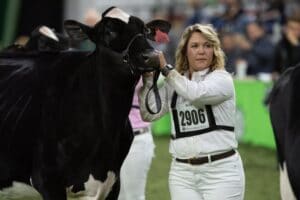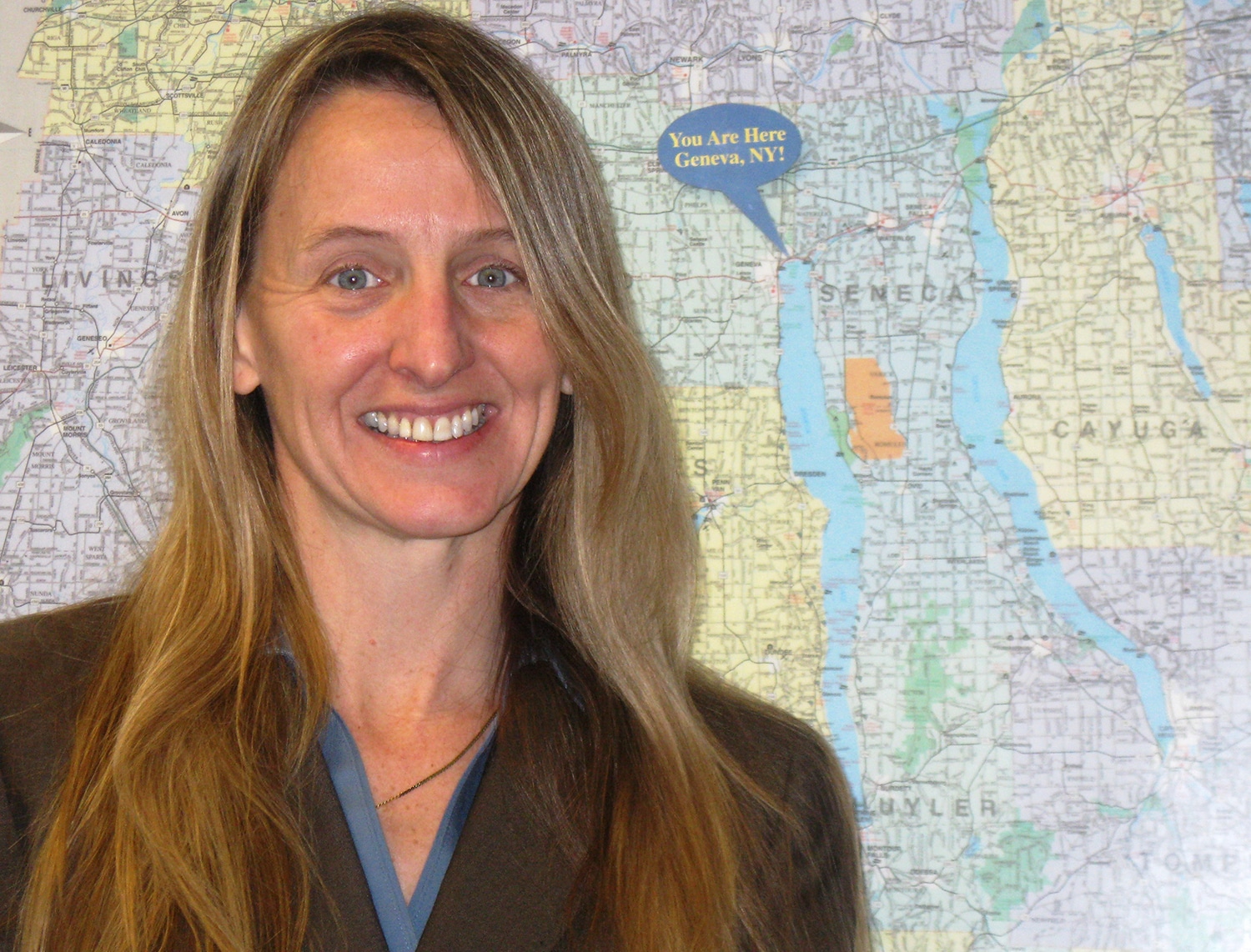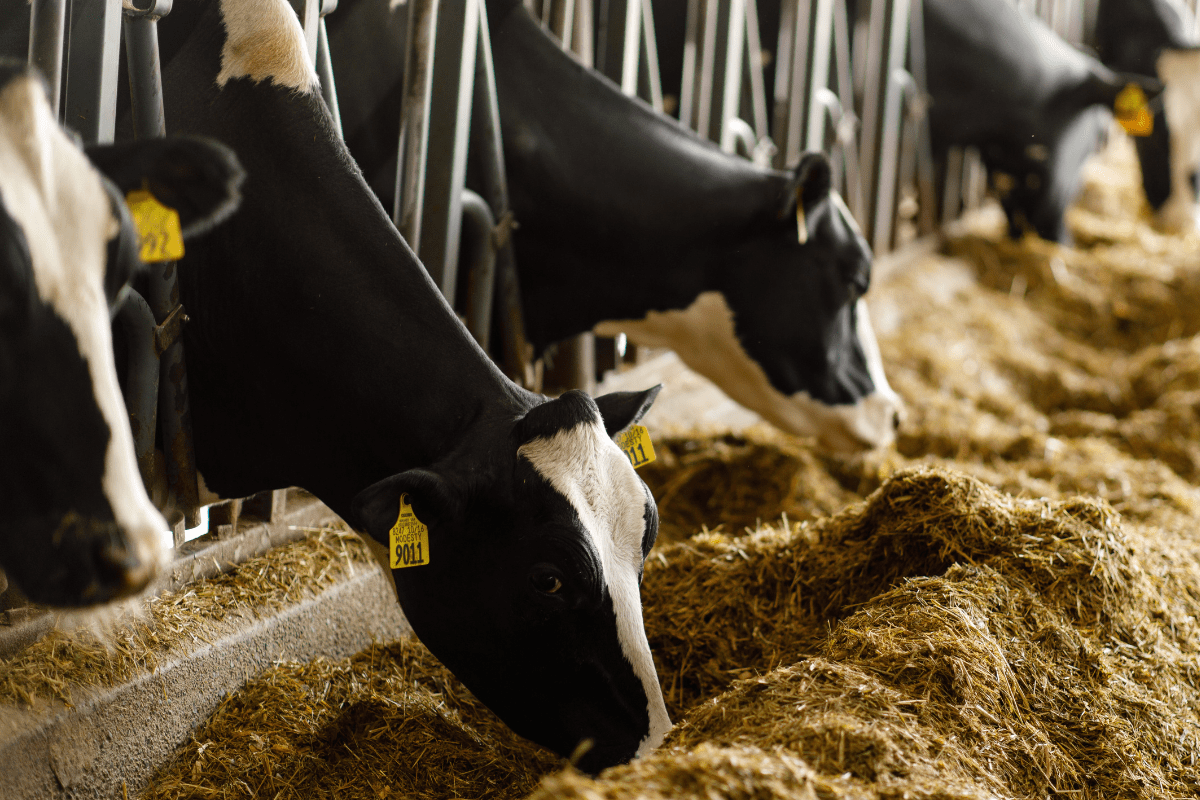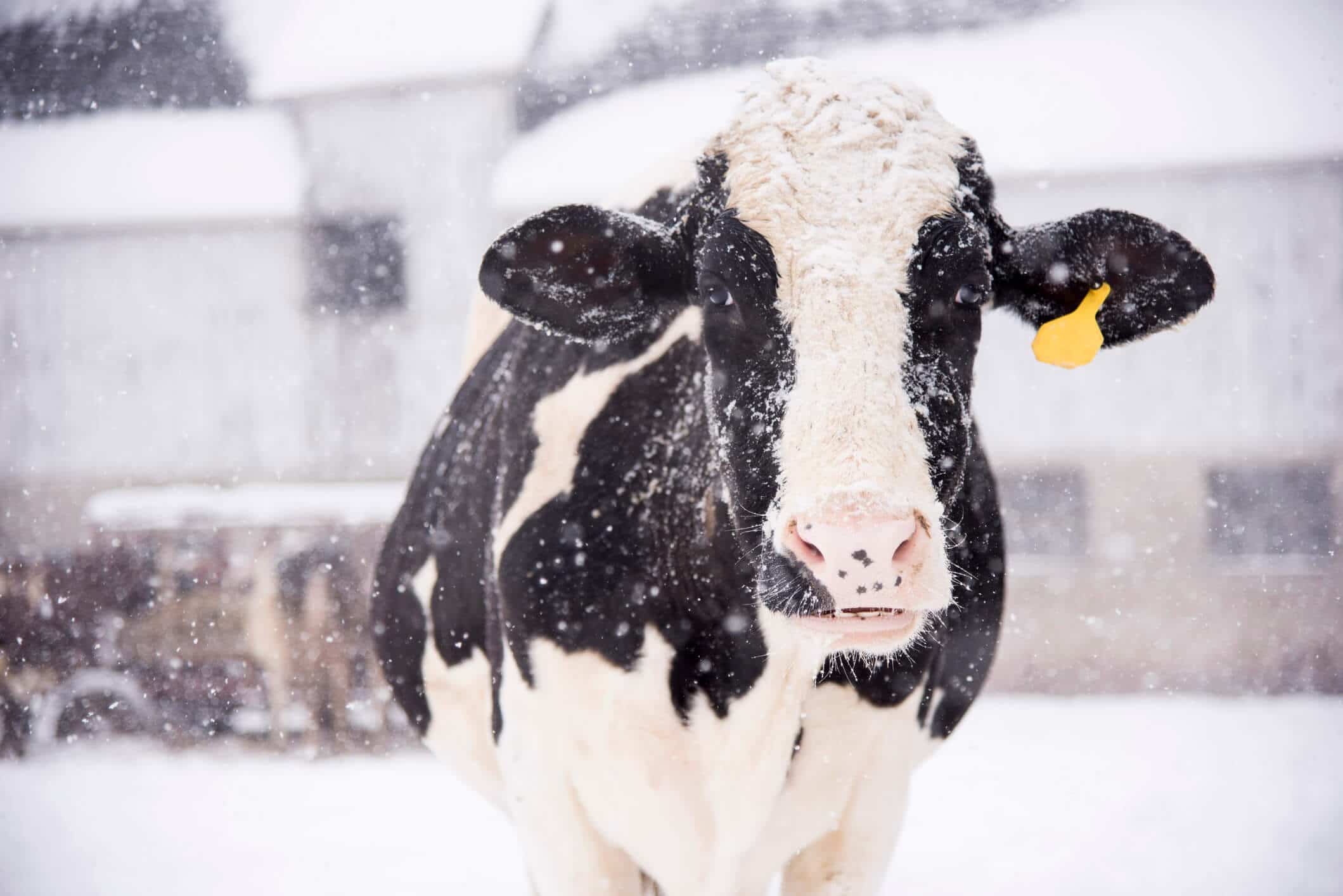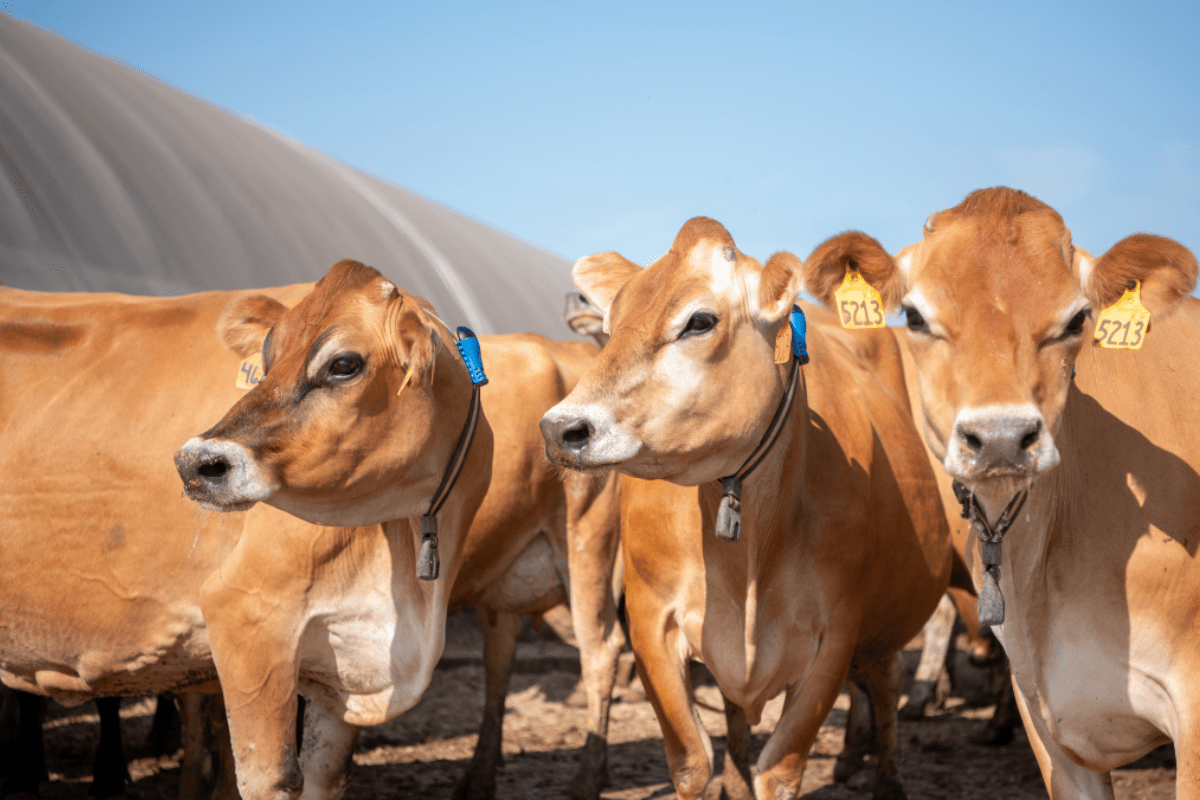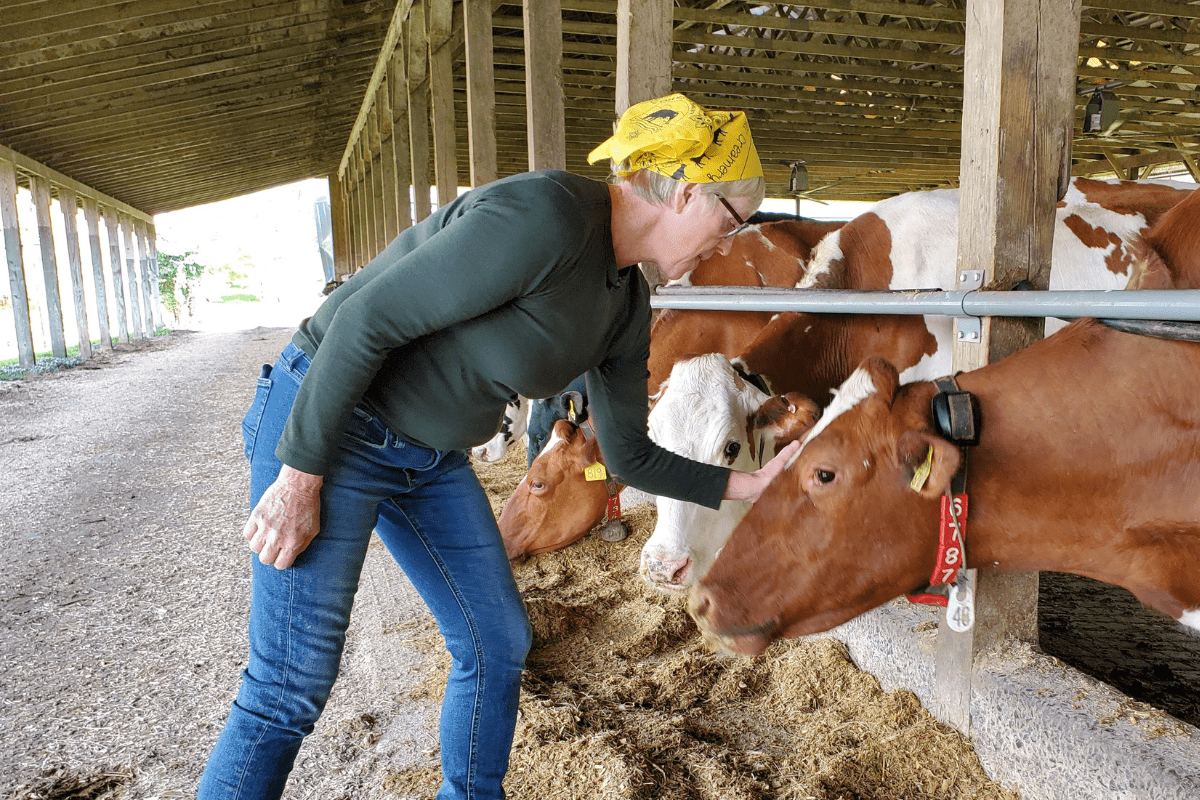Women have long been involved in agriculture but routinely go unrecognized for the integral role they play. Female dairy farmers work just as hard as the rest of the dairy force in bringing us dairy foods like milk, cheese and yogurt that are safe, nutritious and affordable to stock up on.
Mary Creek is a third-generation dairy farmer. “Our parents raised us to do what was necessary and I used to be able to keep up with just about any man with my chore accomplishments.” The 62-year old grew up on Palmyra Farms LLC, in Hagerstown, Maryland, where she now farms 300 acres with her brother Ralph Shank.
Mary earned her bachelor’s degree in Dairy Science from Virginia Tech and is trained in cow reproduction using artificial insemination. She went on to become one of the first women to judge a national level cattle show. “Growing up it was not common to have a woman as involved in showing cattle as I was.”
Before, dairy farming roles were traditionally held by men. Now, women dairy farmers work critical jobs on the farm and are taking on leadership roles within the dairy industry. For people who don’t know any dairy farmers and still have the “typical” stereotype in mind, coming across women in the dairy industry is unexpected. “It usually surprises people. They expect to see a man and it just doesn’t occur to them that women are dairy farmers too,” says Mary.
Milking their 90 cows, mostly Ayshires, is Mary’s favorite job. “I milk and feed calves. I do a lot of “clean-up” around the barns and pens,” says Mary. She’s also involved in tracking milk production and promoting the farm’s cheese business. Mary says opportunities are there for any woman who is willing to work for them, “You just need to have the initiative and integrity to take the challenge.”
First-time mother-to-be Kelly Reynolds is a third-generation dairy farmer at Reyncrest Farm in Corfu, New York. She thinks that women in agriculture are “doing a fantastic job of bridging what was once a really big gap in the dairy industry.”
On the dairy farm with 1,200 milking cows, Kelly fills in wherever she is needed, especially during busy times like harvest and hay seasons, working alongside her husband Tyler, and his siblings and parents. “Sometimes there is a shock factor with older generations or those that are removed from agriculture when they find out women are working right alongside their dads, brothers, and husband,” says Kelly.
“The modern ag industry is more accepting of women, but I do think sometimes our ideas aren’t heard as loudly as others and sometimes people don’t take you as seriously as they would a male counterpart.”
Kelly says women dairy farmers need to stand up for themselves and, “Never let your voice be unheard. We all have a seat at the table now and it’s our job to speak up.” A lesson she plans to pass along to her child, especially if it’s a girl.
